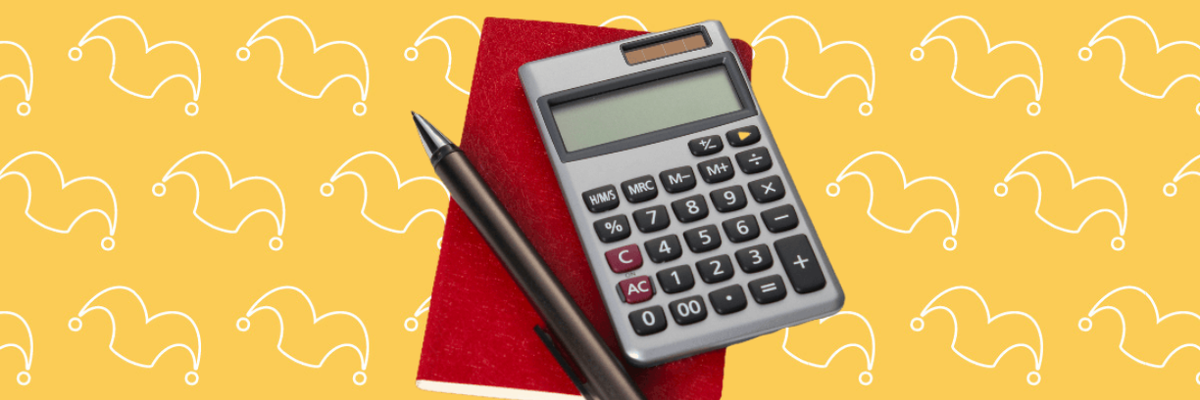This Is How Much Money You Can Make With $5K in a CD
KEY POINTS
- You can find some CDs with APYs of 5.00% or more right now.
- With $5,000, it's possible to earn $250 in interest income, or more, in a single year.
- Opening the highest-paying CD you can find isn't always the best way to go.
CD interest rates are near their highest level since before the 2008 financial crisis, making them far more attractive as an income investment than they were just a few years ago. In fact, it's possible to find a 1-year CD with an APY of 5.00% or higher as of this writing.
If your goal is to max out your interest income, you might be surprised how much you can earn today. But the reality is that when it comes to CDs, yield is important, but it isn't the only thing you should consider. Here's a rundown of how much you can make by putting $5,000 in a CD today, and a few things to keep in mind before you do.
How much can you make with $5,000 in a CD?
Here's the short answer. The highest-paying CD on our best CD rates list is a 1-year CD that has a 5.15% APY. If you have $5,000 to lock away in a CD, this means that you'd make $257.50 in interest during the CD's one-year maturity term.
If you're looking for a longer-term CD, the highest rate on a standard 5-year CD on our radar right now is 4.30%. (Note: There are a few with higher rates, but these are either brokered CDs that are only offered to clients of specific brokerages, or they require more than $5,000 to open.)
If you were to put $5,000 into a 5-year CD at a 4.30% APY and leave it alone for the entire term, you would have an ending balance of about $6,171.50 -- so you'll have made $1,171.50 in interest.
Caveats to keep in mind
Of course, there's more to choosing CDs than simply finding the best yield and opening an account. Here are some of the important things to keep in mind before you decide on one.
Yield isn't everything
First, it isn't just about how much interest you can earn. You can absolutely open a CD with the highest interest rate you can find, but it might not be the best fit for your needs. For example, some of the highest-yielding CDs have large minimum deposits. Or they can be more of a hassle to move money in and out of. Check out our best CD page linked above, where you'll find many different options -- they all have different features and there's no such thing as a one-size-fits-all "best" CD for every person.
APY assumes compounding
It's also worth noting that a CD's APY and interest rate are technically two different things. The stated rate is almost always APY (annual percentage yield). I'll spare you the mathematics lesson, but the important thing to know is this assumes you'll leave the money in the CD to compound over the entire term. In other words, if you withdraw the interest you receive -- which some banks allow with CDs -- your actual yield will be somewhat lower.
What happens after maturity?
Another factor to keep in mind is that there's no guarantee that you'll be able to get a CD with the same interest rate when yours matures. Sure, you can get a higher APY with a 1-year CD than a 5-year CD right now, but by the time your 1-year CD matures, the best rates could be in the 3.00% range or lower, depending on what happens with benchmark interest rates. Nobody knows for sure what will happen, but it's entirely possible.
The bottom line
CD yields are at their highest levels in more than a decade, but the absolute maximum yield isn't the only factor you should consider. It's important to know what you're getting into with a given CD and explore all of the options available to find the best fit for you.
Our Research Expert




